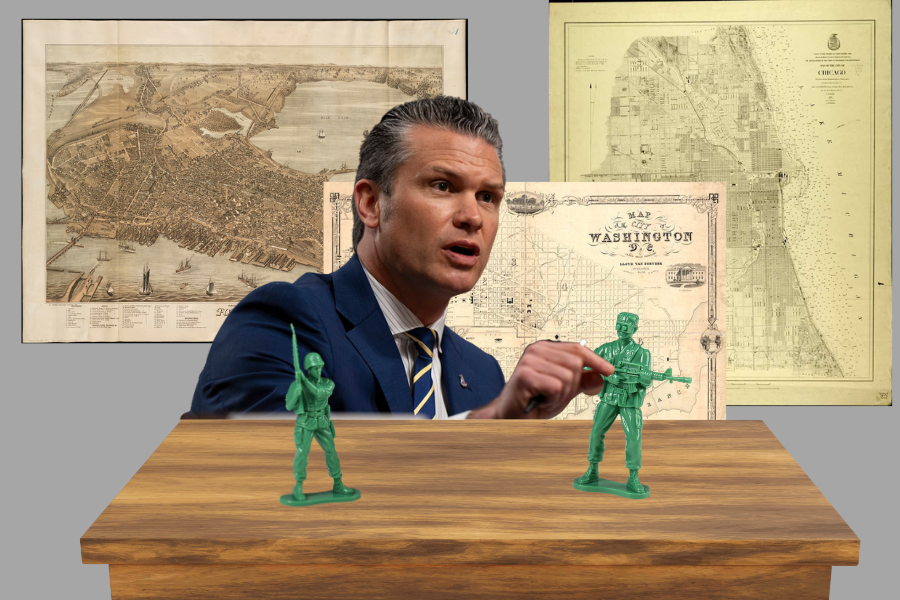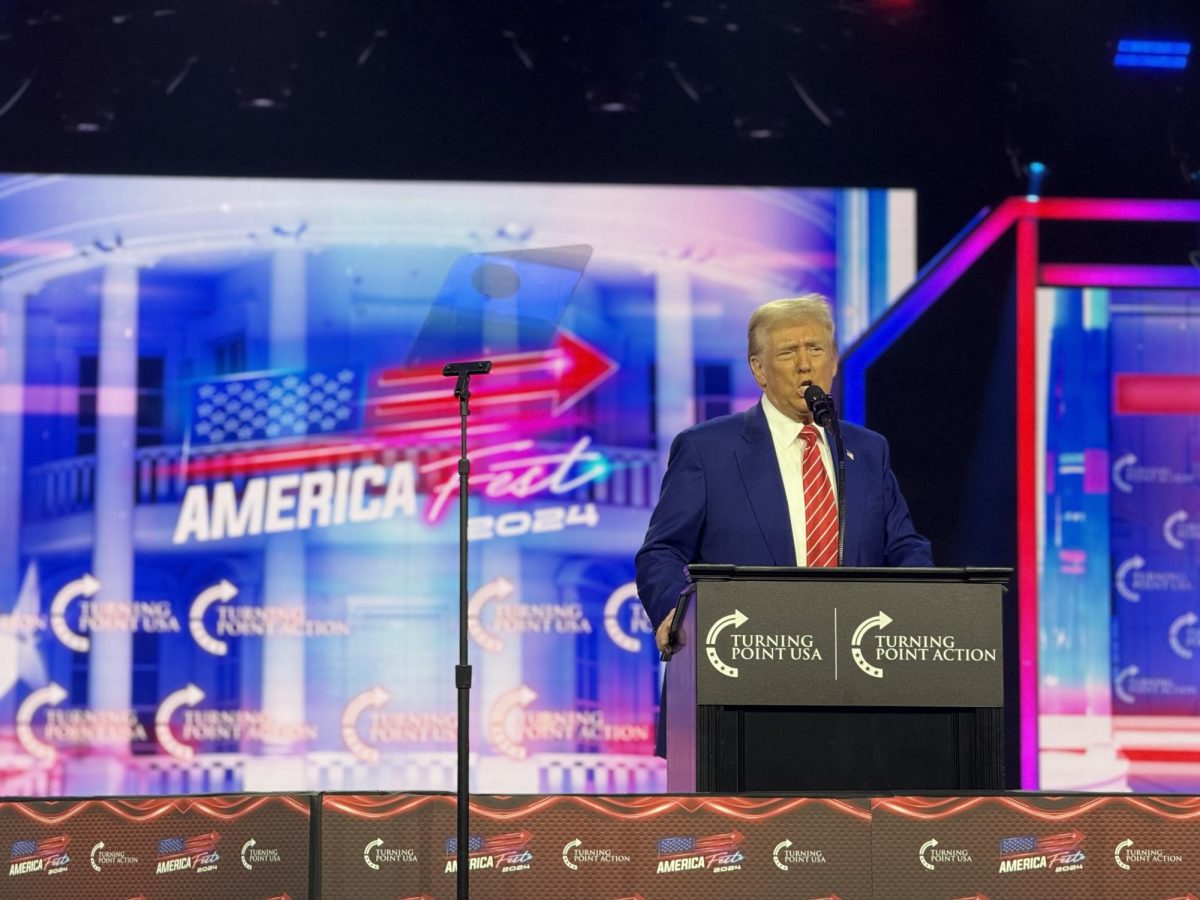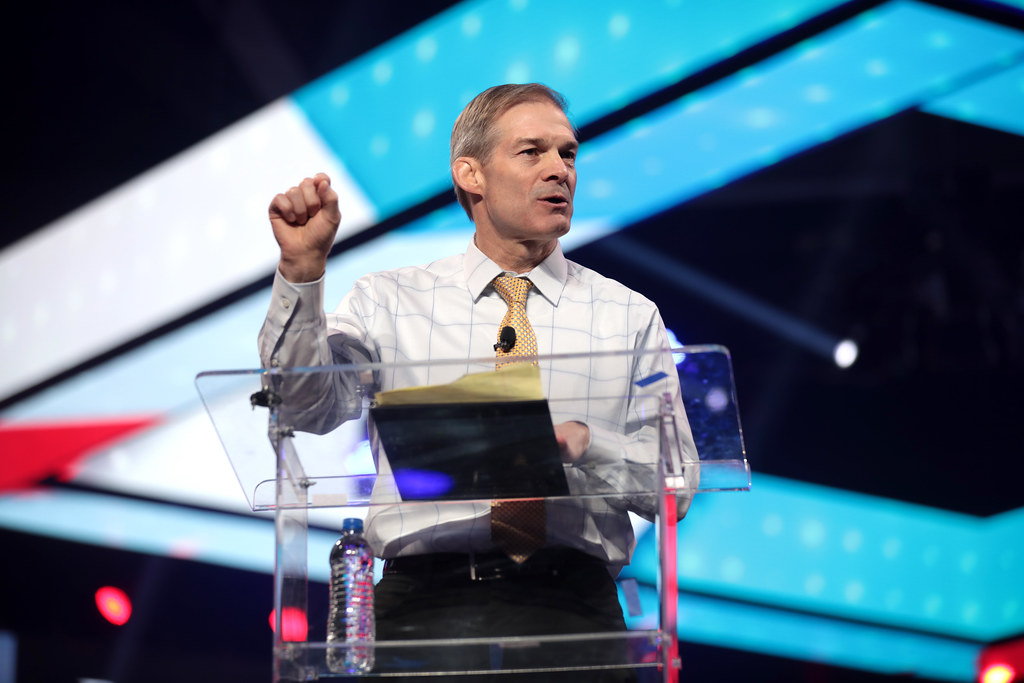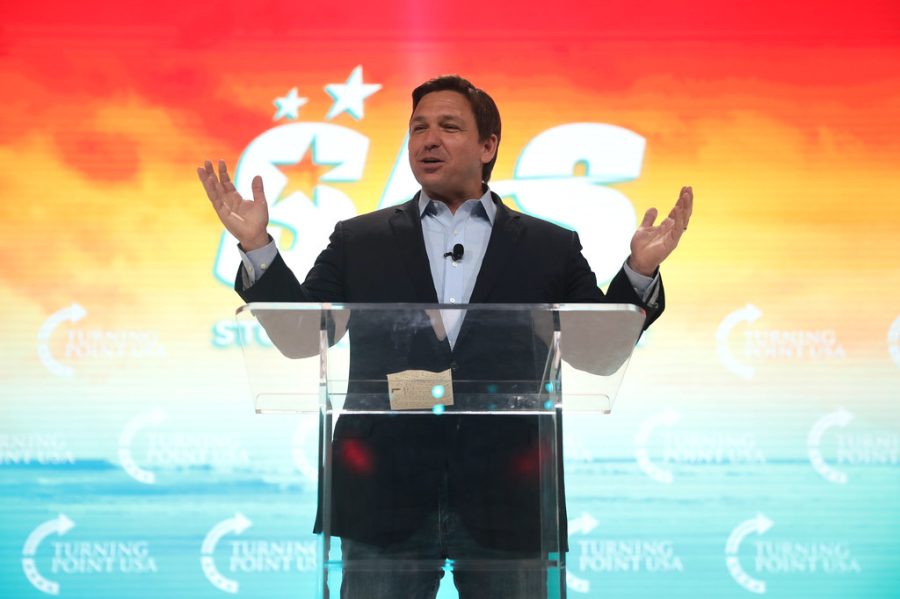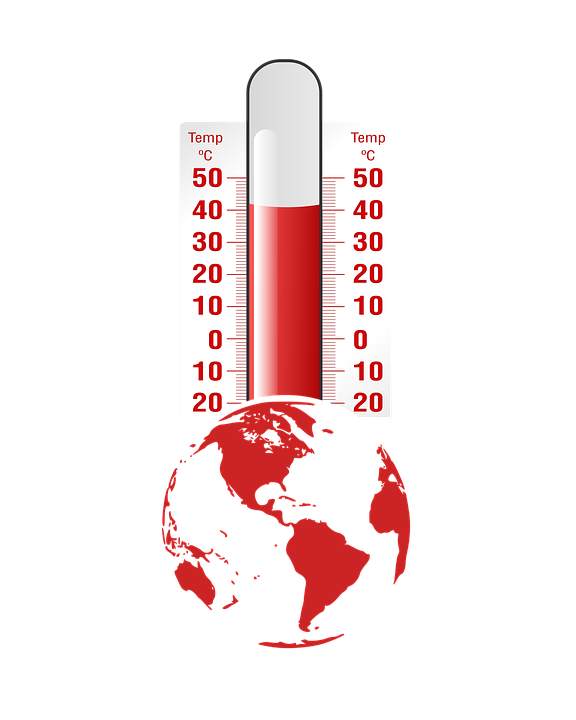President Donald Trump’s claim to fame may be his ability to create an extraordinary amount of jobs, in the political comedy and punditry industry. For the last two years, Trump has enraged the general public for both his comments— preference for heroes who aren’t prisoners of war, lewd comments about women, and his policies such as the Muslim Ban, Border Wall. It’s almost too easy to find a tidbit to grasp onto, but in doing so we should be mindful of the validity of these stories and avoid the hysteria of “fake news.” The concern, however, is this: constant criticism of Trump, will not do us any favors when it comes time for him to act presidential.
While reading the news, I saw myriad headlines referring to Trump’s inevitable rise to authoritarianism. Jack Goldsmith, the former head of the Office of Legal Counsel (OLC) for President George W. Bush, had a different concern. He believed Trump might possibly be “too weak” to respond to a national security crisis. Goldsmith, who has written for “Lawfare,” reasons, “Weak presidencies enhance the likelihood of a foreign policy crisis that weak presidents are ill-suited to redress, and indeed that often bring out the worse in a weak president—especially one who is thin-skinned, uninformed and impulsive.”
Goldsmith is right. Checks and balances is a foundational principle of American democracy, but the principle is not meant to pummel the executive into inaction.
Another increasingly difficult story to ignore is the proliferation of leaks. If these leaks are coming from deep-state sources, as alleged by “The Atlantic” and other sources, they only serve to make us more vulnerable. The release of this information is performed by career officials not held responsible by an electorate, and they should not be making the decisions they are to release this information.
For example, for every justification provided for the leak of his memo on reopening black sites, there is a refuted leak about his interaction with the Australian Prime Minister, Malcolm Turnbull. I will give credit where it is due; he is right that National Security secrets should not be leaked regarding his dealings with North Korea, as he said on Twitter. You don’t need to look very far to criticize Trump for a legitimate misunderstanding of his duties— turning his Mar-a-Lago resort into a public situation room, and his botched immigration ban rollout is sufficient. There is no need to fabricate stories or risk national security.
It is an ever-important role of public officials and private citizens to be kept abreast of the president’s actions. It is even more important to be critical of the president’s policies, and combat him if you disagree, without reprisal. But criticism based on the person’s character and not his policies will do more harm than good, particularly in the realm of national security. Given the public role of the President, there is a fine line between warranted criticism and character assassination. The public has a responsibility to walk that line and err on the side of caution— even if our Commander-in-Chief chooses not to.



